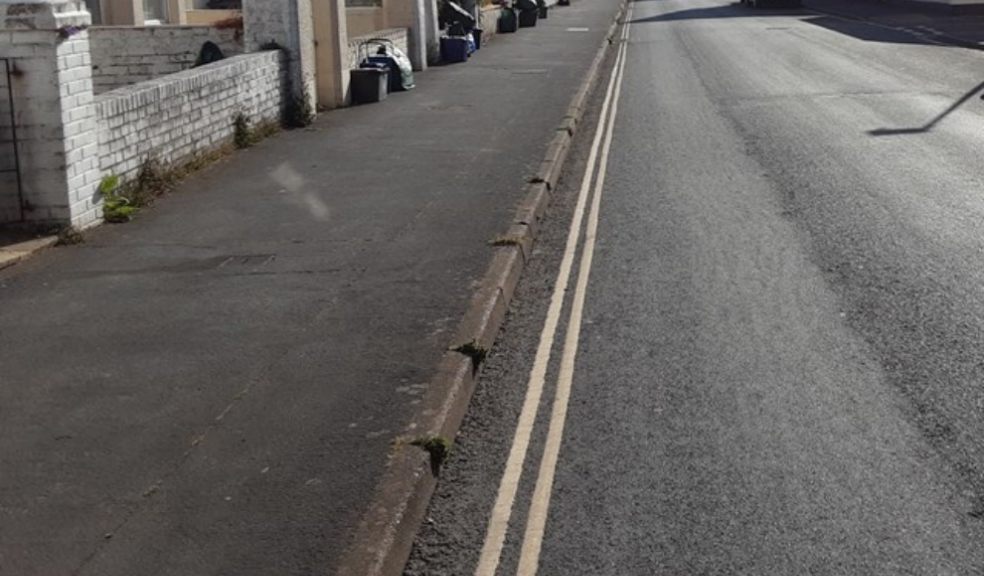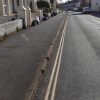
Pandemic offers glimpse into a carbon neutral future
Devon’s carbon emissions have reduced by almost a quarter (23 per cent) during the lockdown new data suggests.
The data has been collected on behalf of the Devon Climate Emergency Response Group (DCERG), a group of public, private and voluntary sector bodies working to make Devon carbon neutral by 2050 at the latest.
It forms part of a discussion paper ahead of Friday’s DCERG meeting and suggests that the reduction in road transport and energy use has had an immediate and profound impact on emissions.
Average traffic flows in Devon have reduced by 60 per cent, reducing the county’s total emissions by 17 per cent.
The closure of many buildings has significantly reduced energy use and led emissions to drop a further six per cent.
Air quality has also improved with the concentration of nitrogen dioxide and particulate matter in the air falling by 50 per cent from last year.
Emissions have fallen to 2010 levels in the short term, but history shows that after an economic downturn the rebound in emissions is often larger than the decline.
Dr. Phil Norrey, Chairman of the DCERG and chief executive of Devon Country Council said: “In the most tragic of circumstances, the lockdown has given a glimpse of how a more sustainable Devon might look, feel and sound.
“People have experienced quieter streets for walking and cycling, heard more bird song, seen wildlife and felt a greater connection and appreciation for green spaces around them.
“Amongst the sadness of the pandemic there is a huge opportunity to use the economic stimulus measures that are necessary to enable communities to recover, to improve public health, our resilience and our wellbeing as well as address the climate and ecological emergencies.
“There are projects in Devon, for instance sustainable transport and energy production, that could respond quickly to a cash injection to develop supply chains and skills for a low carbon future.
“But as we begin to recover from this pandemic, we must be careful not to fall back into the same old routines. We all must think differently about the way we work and the way we travel.”
You can see the discussion paper and where the data is sourced here on the Devon Climate Emergency website.

















